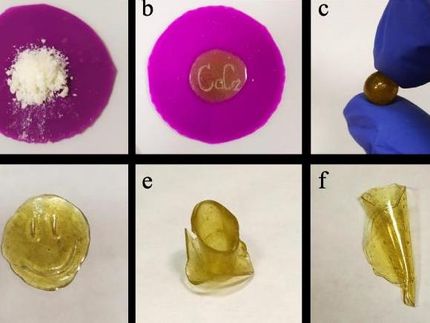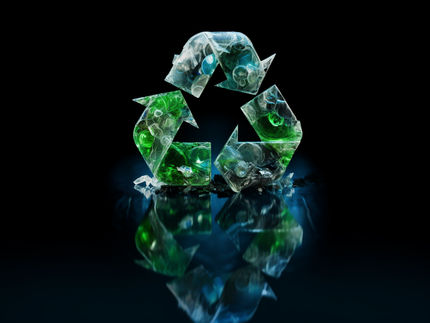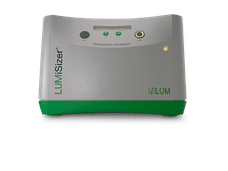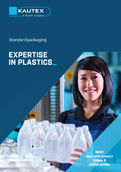Teijin to Establish "Bottle-to-Bottle" PET Bottle Recycling Business
Advertisement
Teijin Ltd., one of Japan's leading makers of synthetic fibers, chemicals and pharmaceuticals and headquartered in Osaka, plans to recycle used polyethylene terephthalate (PET) bottles back into PET resin of sufficient purity it can be used to manufacture new PET bottles.
As part of the recycling operations, from April 2002, Teijin will increase the capacity of its Tokuyama Factory in Yamaguchi Prefecture, western Japan that recycles PET bottles into dimethyl terephthalate (DMT) that is of equal purity to DMT manufactured from petroleum.
Teijin will also construct two new plants at the Tokuyama Factory; one will use a newly developed proprietary technological process to convert this DMT into high-grade terephthalic acid (TPA), while the other plant will convert the TPA into PET resin, allowing the complete 'bottle-to-bottle' recycling of PET bottles. v The method efficiently removes different plastic polymers contained in the bottle caps or labels, and any metal items or other impurities, enabling the production of TPA that is of the same purity as TPA manufactured from petroleum.
The process will allow more effective recycling of used PET bottles, which are usually washed and pulverized and then made into various materials such as flakes or pellets after the removal of impurities. While the volume of recycled materials made from used PET bottles has risen every year, the difficulty in removing all the impurities has restricted the number of product applications, raising concern that more effective recycling methods are needed.
Waste from PET bottles has been rising rapidly because the high strength and transparency of PET bottles makes them ideal for packaging carbonated drinks. Demand for PET bottles in Japan is expected to rise to more than 389,000 tons in 2001 from 332,000 tons in 1999 largely as a result of the introduction of large PET bottles for Japanese teas.
Initially, the new Teijin plants will have an annual recycling capacity of approximately 30,000 tons of PET bottles (equivalent to approximately 1 billion 500-ml PET bottles) and produce approximately 24,000 tons a year of high-grade DMT. By October 2003, Teijin plans to double the annual recycling capacity, producing some 50,000 tons per year of DMT.
Through the "bottle-to-bottle" process, Teijin plans to produce 50,000 tons of PET resin for bottles per year. Combined with the output of the company's existing PET resin production line at its Matsuyama Factory of 40,000 tons, this will boost total annual PET resin production capacity to 90,000 tons.
Sales of PET resin for the manufacture of PET bottles, including all products generated by Teijin's bottle-to-bottle recycling operations, will continue to be handled by group subsidiary Teijin Chemicals Ltd.

































































